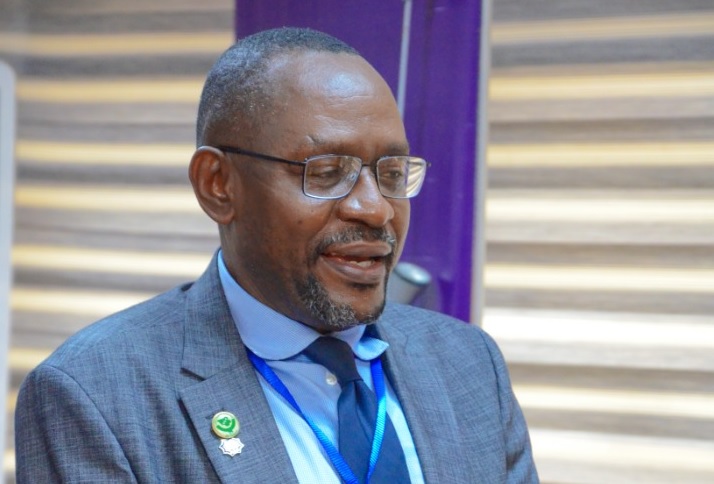More than 60 million Nigerians, according to Prof. Taiwo Obindo, President of the Association of Psychiatrists in Nigeria (APN).

This was stated by Obindo, who also serves as the head of the faculty of psychiatry at the Nigerian branch of the West African College of Physicians, in an interview with NAN on Sunday in Abuja.

Given that more than 60 million Nigerians suffer from various mental diseases and that only 10% of them were able to obtain competent care, mental healthcare is in a deplorable situation.
The treatment gap for mental diseases, as defined by Obindo, is made up of more than 90% of the population who are unable to get care.
He claimed that a number of reasons, including a lack of awareness about the origins and treatments of mental diseases, contributed to the difference.
According to Obindo, traditional beliefs, insufficient mental health facilities, a lack of mental health specialists, and myths all contribute to the poor care of mental illness in Nigeria.
He claimed that the few mental health institutions that were accessible were found in the urban cores.
Obindo stated that because 60% of Nigerians reside in rural regions, they lack access to competent treatment and must travel great distances to reach services.
He added that there weren’t many mental health professionals because the number didn’t meet the WHO recommendation.
According to him, the few that were trained were generally eager to flee the nation.
“The setting in which we work, the level of security, and the pay people get in the nation tend to drive them away.
The draw factor from industrialised nations, he continued, “where they naturally seek to prey on the already qualified medical professionals in the country, notably the psychiatrists.”
According to Obindo, it is inexpensive to hire professionals in low- to middle-income nations, therefore “it was easier for wealthy countries to poach the already created items than to train such professionals domestically.”
He stated that Nigeria must put its mental health policy on the practise of psychiatry into effect.
Obindo said that despite the document’s 2013 latest revision, it was still not being used.
The integration of mental health into primary healthcare, he claimed, was a key element of the concept but had not yet been accomplished after nine years.
The “lunacy statute,” which was initially passed in 1916 and then revised in 1958, was the law now in effect in the nation, the psychiatrist said.
The Association of Psychiatrists of Nigeria (APN), in collaboration with the National Assembly and the Ministry of Health, submitted the Mental Health Bill; the President has not yet signed it.
He said that this was the most current endeavour in thirty years.



















